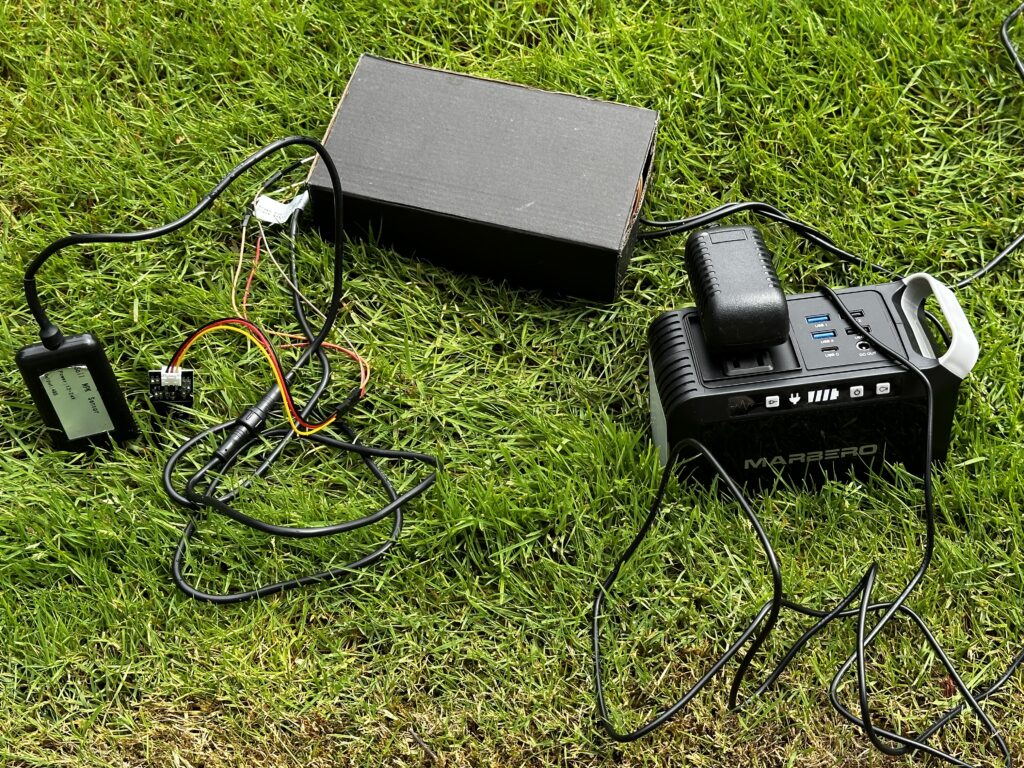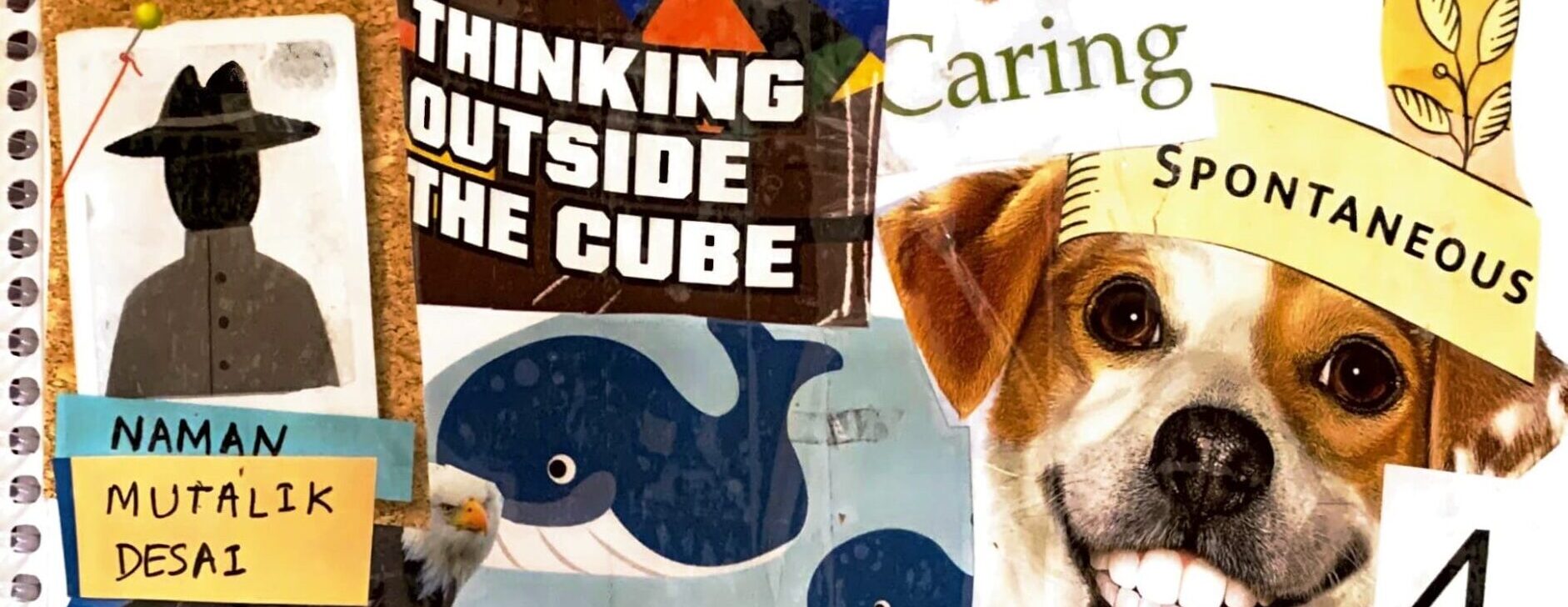Introduction
I have been fortunate to engage in various experiences that have shaped my passion for environmental sustainability, technology, and innovation. These experiences have led me to develop a prototype for precision farming, allowing me to address the issue of fertilizer runoff and further advocate for sustainable agricultural practices. I aim to tackle the issue of eutrophication and over-fertilization in local farms, gardens, and water bodies. I have studied the issue as a school project in 8th grade (Exploravision), for a science competition (Science Olympiad), and now I want to take action on the subject. This is my journey.
Exploravision
During my eighth-grade year, I participated in the Toshiba Exploravision competition, where my group conducted a research project on eutrophication. It was during this endeavor that I first encountered the concept of nutrient enrichment in water bodies. This eye-opening experience sparked my curiosity about environmental issues and inspired me to explore further.
Arduino Prototyping
In the summer before ninth grade, I took a course on Arduino Prototyping. This hands-on experience allowed me to tinker with Arduino, an open-source electronics platform. It provided me with the tools and knowledge to apply technology to real-world challenges. I built a few small devices, but I was still unaware of what I could actually build.
Gates Foundation Youth Ambassador Program
In ninth grade, I was selected to be a part of the Bill & Melinda Gates Foundation Youth Ambassador Program (YAP). This program not only taught me the importance of collaboration and teamwork but also provided an opportunity to organize the annual Teen Action Fair. Here, I delved into a research project focused on technological innovation in agriculture, aligning it with the Sustainable Development Goal of “Industry, Infrastructure, and Innovation”. Precision farming, utilizing sensors to monitor vital parameters, emerged as a promising case study.

NPK Sensor Prototype
I decided to merge my passion for sustainability and technology and build a precision farming tool prototype. This prototype aimed to measure essential nutrients like Nitrogen, Phosphorous, Potassium, and monitor other parameters such as soil moisture. I started working on this project in my free time learning how to integrate NPK sensors with Arduino. I made a lot of progress- wired up the circuit, downloaded the necessary libraries, researched a bunch of similar projects, wrote the code to read the sensor values. But, I hit a roadblock with supplying a steady 9V current to the NPK sensor via the VIN pin, and the project was put on hold for months.
After my teachers announced the objective of our final freshman year project, I immediately knew that I wanted to resume my paused project. After some intense discussion with my group of friends, we got to work. And sure enough, we got the prototype to work! We packaged it up and presented it to our teachers. We received great feedback and appreciation from them.

User Testing
To gauge the prototype’s effectiveness, I went through my neighborhood and tested it in various gardens. Feedback from the community further enhanced my understanding of the fertilizer runoff problem. This hands-on experience allowed me to witness firsthand the potential impact of precision farming.
Education Campaign
Motivated by the success of the precision farming prototype, my next step involves launching an educational campaign. With the guidance from my mentors in the Mike Yarrow Peace Fellowship, I hope to launch a social change campaign that educates people about the risks of fertilizer runoff from gardens and farms. By encouraging individuals to adopt precision farming practices, we can collectively reduce fertilizer runoff, mitigating its impact on water bodies.
Conclusion
From the Toshiba Exploravision competition to the development of a precision farming prototype, my journey has been guided by a deep passion for sustainability and technology. Each experience, whether through collaborative programs or independent research, has contributed to my growth as an advocate for sustainable agriculture. Moving forward, I am excited to continue my efforts to educate others about the importance of reducing fertilizer runoff and inspiring them to embrace innovative solutions such as precision farming. By working together, we can pave the way for a more sustainable future in agriculture and protect our precious water resources.

